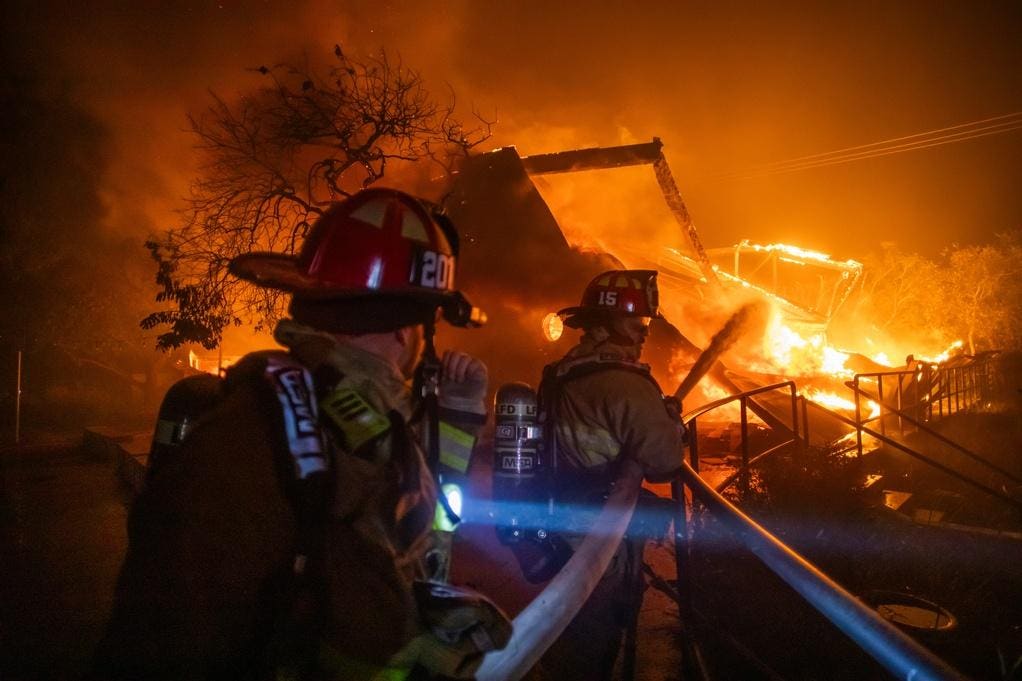The devastating impact of natural disasters, exemplified by the recent California wildfires, often evokes a surge of compassion and generosity, prompting individuals to contribute to charitable organizations. However, these tragic events also provide fertile ground for unscrupulous individuals seeking to exploit the goodwill of others. These scammers prey on the empathy of donors, masquerading as legitimate charities to divert funds for personal gain. While legitimate charities are exempt from the Do Not Call registry, this exemption creates an avenue for scammers to operate undetected, making it difficult to distinguish between genuine appeals for help and fraudulent solicitations.
The challenge of verifying the legitimacy of charitable appeals is compounded by sophisticated technological tactics employed by scammers. Caller ID spoofing allows them to disguise their true identity, making it appear as though the call originates from a reputable organization. Similarly, emails, text messages, and social media posts can be easily fabricated, making it difficult to ascertain their authenticity. Furthermore, the advent of Artificial Intelligence (AI) has equipped scammers with even more potent tools. AI-powered techniques enable them to harvest social media data, creating highly personalized spear-phishing campaigns that appear remarkably convincing. They can also construct realistic websites for fictitious charities, further blurring the lines between legitimate organizations and fraudulent operations. The increasing sophistication of AI deepfake technology and voice cloning poses an even greater threat, as scammers can create seemingly authentic appeals from trusted public figures or celebrities, exploiting the public’s trust in these individuals.
Navigating this landscape of deceptive practices requires a heightened level of vigilance and skepticism. The unfortunate reality is that complete trust in unsolicited communications is no longer advisable. Individuals should exercise extreme caution when responding to phone calls, text messages, or emails requesting personal information, particularly financial details. Never provide credit card information over the phone unless you initiated the call, or in response to an unsolicited email or text message without independently verifying the legitimacy of the request. Before making any charitable contribution, it is prudent to research the organization thoroughly. Resources like Charity Navigator provide valuable insights into the legitimacy and financial practices of charities, allowing donors to make informed decisions and avoid falling prey to scams. Charity Navigator not only verifies the legitimacy of organizations but also provides guidance on how to donate directly, bypassing potential intermediaries who may be fraudulent. Furthermore, it offers transparency into how charities allocate their funds, disclosing the percentage dedicated to administrative costs versus program expenses. A general guideline is to avoid charities that allocate more than 25% of donations to administrative overhead.
For those specifically looking to support victims of the California wildfires, Charity Navigator offers a curated list of reputable organizations. These recommendations provide a safe and effective way to channel your generosity, ensuring that your donations reach those in need. However, the threat of scams extends beyond fraudulent charities. Disaster victims themselves are often targeted by individuals posing as government officials, such as representatives from the Federal Emergency Management Agency (FEMA). These scammers often offer financial assistance in exchange for fees or request payments for assistance with completing necessary paperwork. FEMA has issued warnings about such scams, emphasizing that they never charge for disaster assistance or application support.
The rise of AI-powered scams adds another layer of complexity. Scammers are increasingly leveraging AI to create emotionally compelling content, including videos designed to elicit strong emotional responses. These videos, often shared on social media platforms, can be particularly effective in manipulating viewers into making impulsive donations to fraudulent causes. Therefore, it is crucial to critically evaluate the source of any such appeals and verify the legitimacy of the organization before contributing. Look for inconsistencies in the narrative, overly dramatic or sensationalized content, and requests for unusual payment methods.
Protecting yourself from charity scams requires a proactive and informed approach. Thoroughly research any organization before donating, utilizing resources like Charity Navigator to assess their legitimacy and financial practices. Be wary of unsolicited communications, especially those requesting personal or financial information. Verify the identity of callers and the authenticity of emails and text messages before responding. Be skeptical of overly emotional appeals and sensationalized content, and always double-check the website address and social media handles of organizations to ensure they are legitimate. By exercising caution and employing these strategies, you can ensure that your generosity reaches those truly in need and avoid becoming a victim of these heartless scams.

